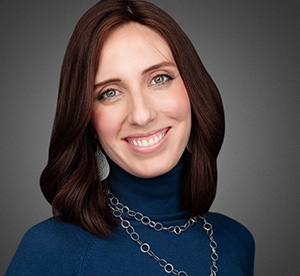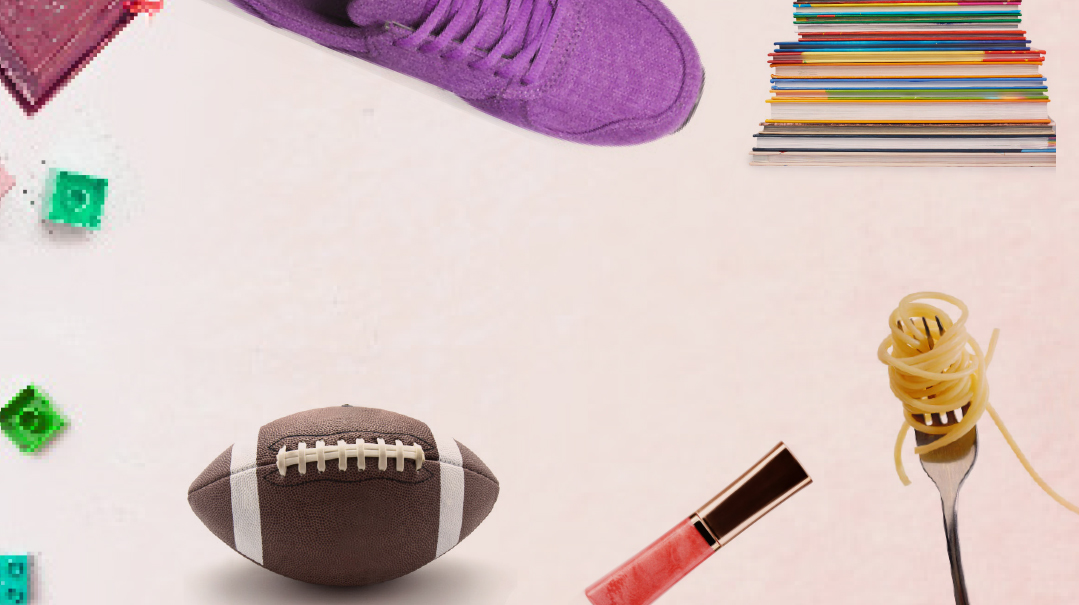Outside Chance: Chapter 22

"You can do better, Chana. Yehudis, who made your community, deserves better. So does the shul"

"I know this is our last class, everyone is looking to congratulate each other and move on.” Cliff paused to beam smugly at us. “But I have one last exercise I want you all to try.”
Cliff had us huddle in circles. I made sure I was sandwiched between Lana and Deirdre.
We looked at each other and then back at him. If this had been the first class I would’ve been distracting myself by shuffling through my pocketbook, but I’d come to respect Cliff and the work he does, even if he is too cocky for my taste.
“The world is a divisive place today,” Cliff continued. “You’ll often find yourself in situations with someone whose view differs from yours. In a modified high school debating style, I’m going to assign a position to you that you need to defend, regardless of what you believe — it’s an exercise in perspective taking.
“But even as you defend your position, you also need to acknowledge the other person’s perspective. Don’t obliterate him. Allow him to be heard and understood, even if his position is not something you accept. I want you all to practice being civil even when passionately defending your position.”
Cliff was right, the world is so divisive these days. Why open a wound when we were all ready to wind down? But Cliff was already offering a bowl with slips of paper to everyone so they could select their position.
“We’re going to be working fast, you have just five minutes to consider your argument, anticipate the other side, and figure out how to counter it kindly. You’ll have one minute to present and 30 seconds for rebuttal.”
He offered me the bowl, I withdrew a slip, holding my breath as I unfolded it. I’m likely the most politically conservative person here. And what if it’s something I hashkafically can’t even hypothetically defend?
Government is not a charity and should not offer a safety net: defend. I breathed. This wasn’t too controversial, no presidents or lives under the microscope. Lana unfolded her paper and raised a brow. Wonder what she got.
“Okay, everyone!” Cliff clapped his hands. “Your five minutes starts now.”
Most people took out their phones to research or take notes. My dumbphone was useless for this. I found another old receipt in my purse and started jotting.
Pro
Government has different value system than each community
Jewish community has chesed and gemachim
Grassroots support can be more individualized
People are less likely to take advantage, it’s not nameless, faceless or “tax”
Con
Many people aren’t religious and that’s where charity comes in — do people have to service their own?
Can’t rely on people’s goodness
I couldn’t think of any other reasons off the top of my head. I was just grateful this wasn’t going to be too contentious, and it wasn’t like anyone was gutting Social Security any time soon.
“Time!” Cliff said. “The first topics we’ll cover is ‘Community is no longer needed in a digital gig economy.’ Who got that one?”
Jadine and Phillip raised their hands and walked to the front of the room to the platform Cliff had set up.
“Ladies first,” Phillip said. Jadine smiled and accepted the mic Cliff offered.
“I’ll be presenting the opposition,” she said to Cliff. Then, turning toward us, she started.
“The question of community in a gig economy is actually a false argument. It assumes choice. But think about it. It makes it sound like there’s something to do about it. But really, people need to accept the reality. Community is already dead.” She paused for effect.
“Uber, Fivver, Task Rabbit, and a million other apps killed it.” She ticked off her fingers. “Today, we don’t need people. We once needed them for what they could do for us. Now, for most people, it’s worth paying a few dollars for whatever you need done to save having to play nice socially.
“Without community concerns, people can focus on their own needs and self-actualization. In the past, community was needed to protect people and provide them with resources they wouldn’t otherwise have. Today, its use is moot.”
She looked around, met our gazes.
“It’s okay to mourn something you’re used to having, but I don’t think there’s a need to revive an old paradigm.”
I spaced out at that point, or maybe I made myself space out. Yes, these topics weren’t that controversial, but Jadine’s points repulsed me. True, she’d been assigned the topic, but the selfishness… it was all-consuming and framed as a positive. I wished I’d picked the paper that would allow me to argue the opposite perspective.
Community is more than needs and conveniences, I wished I could tell her. It’s more than apps and favors. It’s about building and nurturing for everyone’s benefits, of opportunities to be part of something bigger than yourself. Newcomers may be interlopers, but real community should be preserved and will prevail.
But I didn’t say anything, I stayed seated — ironically, because Yehudis had sent me to this class to make the community better. But look where we were. I glanced back at Jadine, she was handing the mic to Philip. I had waltzed into the N’shei and a beautiful community was being disrupted by my inability to tread lightly, or play nicely with Yehudis.
What is community? I wondered. Cliff always talks about the value of definitions to bring your audience on the same page as you. I closed my eyes and took a deep, centering breath. You can do better, Chana. Yehudis, who made your community, deserves better. So does the shul.
Later, when Cliff conducted a mock graduation ceremony with each of us taking turns as valedictorians, I used the opportunity to talk about Yehudis.
“A community leader signed me up for this course. I resented it at the time. But she had a larger vision of community and its needs. I’ve gained so much from coming here — the course content, the camaraderie — and most of all, I’ve learned about respecting and balancing the needs of individuals and the community at large. Thank you, everyone, for being a part of this journey.”
I got the same polite claps everyone else did.
***
“Do these match?” Chaim held up a pair of almost matching socks. One was a few shades of black off from the other.
“Yes, it’s good,” I said. Beggars can’t be choosers. I’d wrangled Chaim into a laundry folding party with me because a) if I spend more alone time with him, maybe he’ll open up more, and b) the laundry pile was really more of a mountain.
“I met Shlomo’s mother a few days ago.”
Chaim looked at me, then back at the pile of socks.
“I didn’t know he left.”
Chaim said nothing. Teens.
“That must’ve been rough for you.” I let the words linger, holding up an undershirt to hide my face and give him space.
“Whatever.”
I dropped it and turned to sort the piles. Chaim kept the silence for about two yearlong minutes.
“It’s not fair that he gets to choose.”
Great! He’s talking. Chana, keep your mouth shut.
“I couldn’t switch yeshivos if I wanted to, not if I wanted to go to another alef yeshivah. I barely got into Mekor. No one else would take me.”
Ouch, that hurts. He’s right, though.
“And it’s not like Mekor is bad, Shlomo just heard about a lot about the 11th grade rebbi in Derech HaTorah and he stam went for a faher, and it just happened. He didn’t even need it.”
Chaim went abruptly quiet.
“I hear,” I said softly. There was still more in him, I just had to hold tight.
We folded in tandem. I ignored the lopsided shirts, they were going into drawers anyway.
“It’s so weird not having him around. We were like a team, and it’s loserish without him.”
Well, that explains his acting out and upgrading his business. He wasn’t going to win in learning.
“I’m sorry, Chaim,” I offered.
“Whatever.” He folded a pair of socks and tossed it on the done pile.
“I changed the address on the Prime account to the house,” Chaim finally said.
Progress.
“At least I don’t have to hide now.”
Ouch.
(Originally featured in Family First, Issue 709)
Oops! We could not locate your form.


